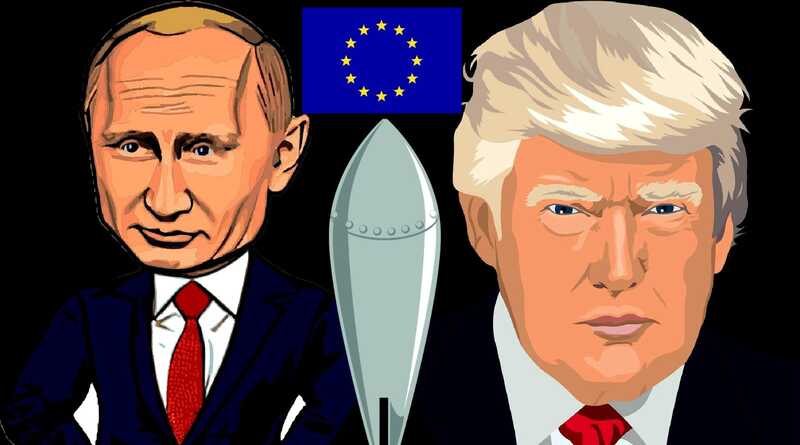
Russia Ukraine War: Is The Us Interested In Restoring Peace In The Two Countries Or Taking Sides For Their Own Benefit?
Europe
Politics
The Russia- Ukraine war started in 2014 and has escalated to date, leaving devastating impacts and the death of many soldiers and citizens. The war between the two countries erupted due to boundary wrangles, with Russia insisting that Ukraine must remain neutral in its involvement with European powers due to security concerns to Russia and not join NATO (North Atlantic Treaty Organization). NATO was formed in 1949 to counter the influence of the Soviet Union on Europe after World War II. Ukraine was a former member of the Soviet Union, and the collapse of the Soviet Union in 1991 resulted in Ukraine declaring its independence. Russia has been claiming to extend its borders to some parts of Ukraine, and the US claims that Ukraine should surrender to end the war. In 2022, the war took a new turn that attracted global attention and sparked different opinions, leading to a controversial debate about different countries' intentions in the conflict between Russia and Ukraine. In many dynamics, the war has affected global relations and policies, whereby various countries and organizations have come out to render their voice. Among the vocal countries in this war are the world’s most powerful countries, such as the US, France, and the UK. While the UN champions peace among countries, its advocacy hasn’t brought any lasting solutions nor found an answer to the conflict, raising questions on the ability of UN to offer solutions to conflicts around the world. Interestingly, the idea of supporting peace for many countries is taking sides. As the war continues, claiming that they are advocating for “peace”, countries support either Russia or Ukraine, which raises questions on impartiality. According to recent events in the US and the European Union, the conduct and reasons for other countries' voices are questionable. The efforts to restore peace between the two countries are such rhetoric, as it sounds like a secret deal involving coercion, intimidation, and manipulation. The geopolitical arena has complicated efforts to restore peace, and instead, continuous threats against Ukraine by the US have overshadowed the pursuit of peace between Russia and Ukraine. In such circumstances where an issue affects the globe, nations play a critical role that should be impartial. However, in this particular war, nations' impartiality is questionable because they are taking a stand while taking a side. Peace is not lobbied by standing for or against because it creates division, leaving one party more aggressed. In the circumstances of this war, Russia is fighting for its empire, while Ukraine is fighting for its survival. This indicates the vulnerability of humanity for both sides of the war. In the Russia- Ukraine war, the US has stood out as a key player in facilitating war, and its recent actions urging Ukraine to withdraw show its partiality and raise questions of interest as it has shifted its support to Russia. During Biden's era, the US government supported Ukraine through military aid and stood against Russia by issuing economic sanctions. The US, in its capacity, would have sought other peace avenues instead of providing weapons and training Ukraine's forces in preparation for war. In the Trump administration, the US stand has evolved, and its position has shifted, which indicates changing interests and thus complicating the geopolitical space. While the US has been funding Ukraine, it ceased after the events of 28th February 2025, when the US President, Donald Trump, and Ukraine’s President, Volodymyr Zelenskyy, had some differences. However, it is established that in the recent ceasefire deal, Ukrainian minerals were of interest to the US, and the two countries struck a deal allowing the US to invest in the Ukraine minerals. Claiming that Ukraine is unthankful for US support makes US support questionable. Evaluating what followed on 28th February 2025 and the ceasefire deal leads to the question: Was the US supporting Ukraine to fuel the war of peace? This is no longer a dilemma because the US is asking for something back. Therefore, to get the Ukrainian minerals, the US strategically placed itself to render Ukraine vulnerable and in need of its support to pursue its interests. The Russia-Ukraine war presents a historical lesson to all countries that in every war, countries place themselves for their own benefits. Whenever a country goes to war, a country should evaluate its ability to sustain the war, its impacts on its society, and the cost to peace and human life. The days ahead present a complex side for the parties involved in the war, with each party seeking its own benefits from the war.
1 DAY AGO